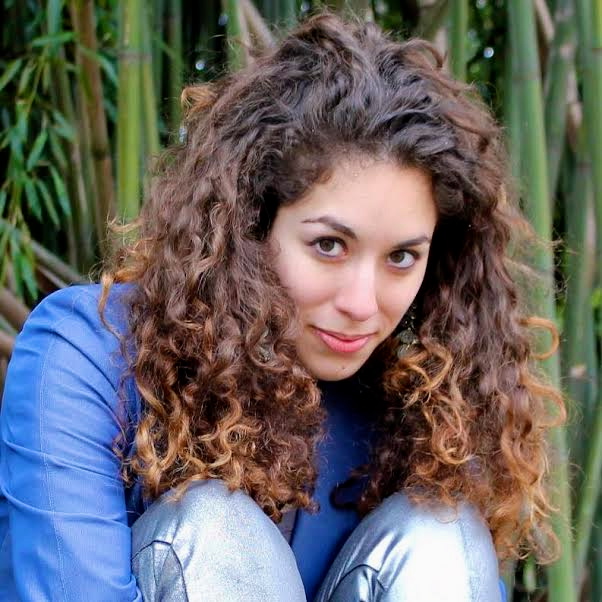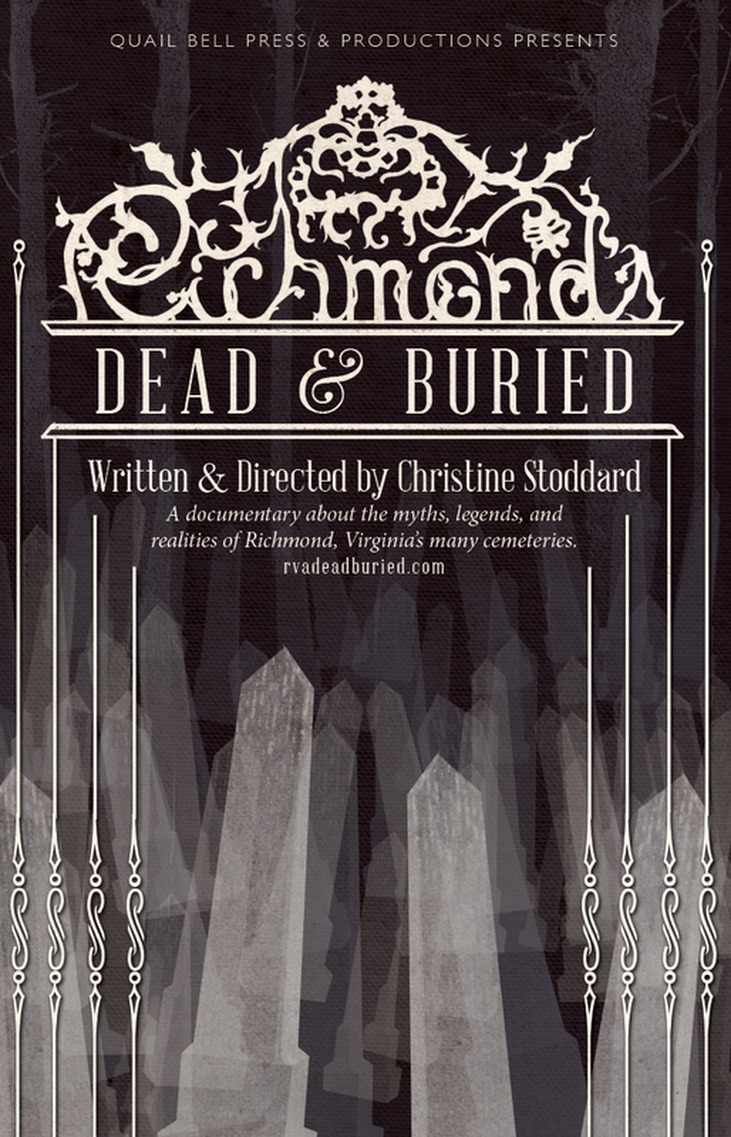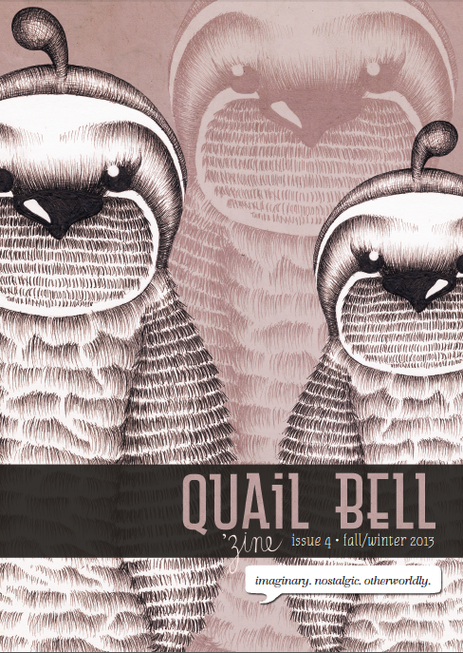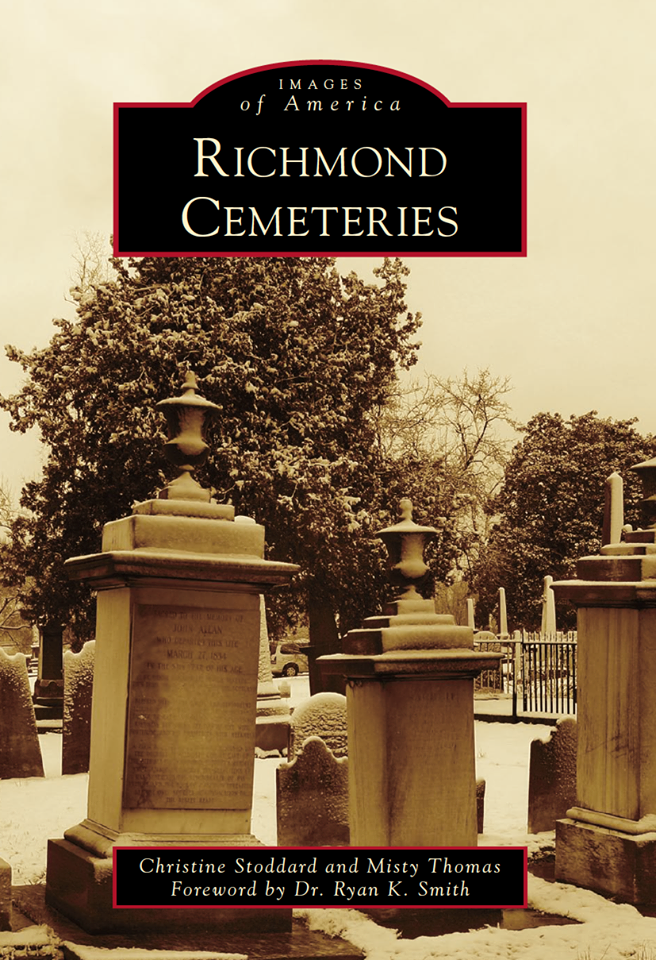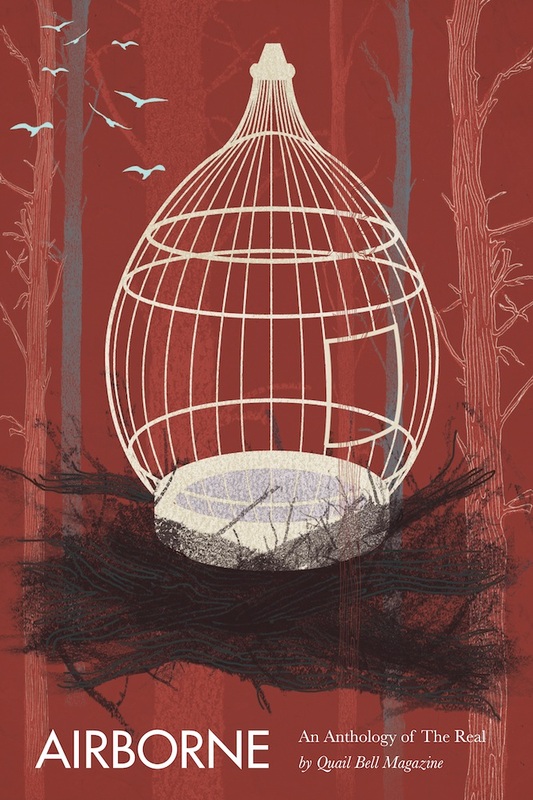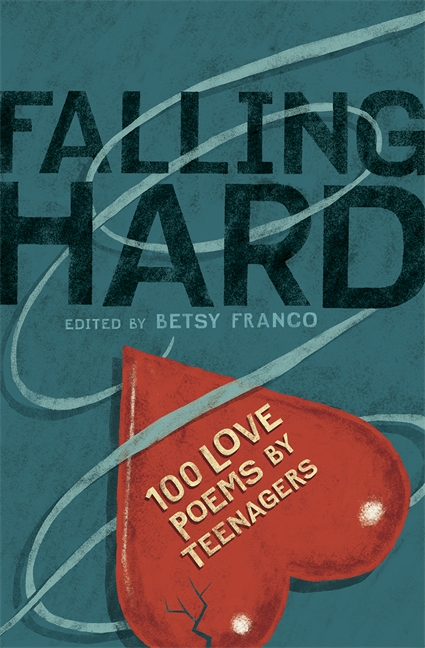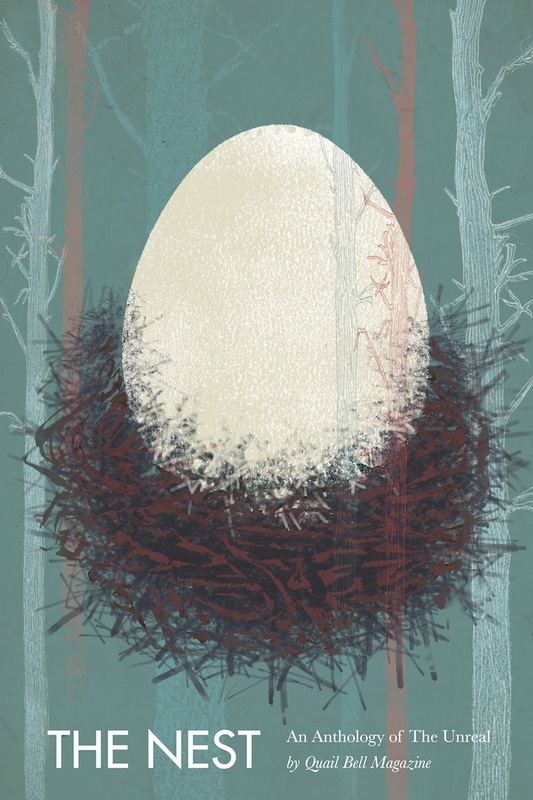Name: David Baker
Age: 45
College & Majors/Minors: University of Illinois Chicago – BS, Literature; Columbia College Chicago – MFA Creative Writing
Current Location: Corvallis, Oregon
Current Form of Employment: Media producer at Oregon State University
Where do you work and what is your current position?
I’m the lead for a group of video, film and digital media producers at a large land-grant university. We produce everything from marketing materials, broadcast commercials to web videos and documentary films. All of it either advances the reputation of the university, or informs the public about the major issues of our time.
In addition to doing all of the administrative work, budgeting, some video production and editing, I write many of the video scripts. Writing is often overlooked in planning, and having cranked out papers, stories and articles over the years, usually at around midnight the night before deadline, I’m pretty comfortable in that role.
““Storytelling has led me to some interesting places. It’s definitely a real skill. Any team needs a storyteller, someone who can rough an idea into a beginning, middle and end. Technicians and administrators don’t quite get it. They think it’s easy or some kind of magic. But if you can tell a story, reliably, you’ll eventually become the person they all depend on.””
Storytelling has led me to some interesting places. It’s definitely a real skill. Any team needs a storyteller, someone who can rough an idea into a beginning, middle and end. Technicians and administrators don’t quite get it. They think it’s easy or some kind of magic. But if you can tell a story, reliably, you’ll eventually become the person they all depend on.
I also do my own thing. I produce independent documentaries and I’ve published stories and a novel with Simon & Schuster called Vintage. I’ve also done some screenwriting. That side work sometimes pays off. I’ve earned some trips to Europe and a camping trailer in that way, though I’ve found I still need a straight gig to pay any kind of mortgage.
Tell us about how you found your first job, and how you found your current job (if different).
I worked at Kinko’s, which is now FedEx Office. It was in downtown Chicago. I thought it would be temporary, but it lasted four years and pretty much started my career. I worked the night shift because I wanted to write on the job like Faulkner when he was a security guard. It kind of worked. I got through much of grad school that way.
We had a desktop publishing center where people designed flyers and brochures and typed up resumes. I always eyed that desk because sitting down seemed a lot easier than standing at a photocopier or binding machine. So when there was an opening, I made my move.
The web was just coming out at that time, and we got this program called Adobe Pagemill. So when web requests started to come in, I took the lead. If you can write a paper dissembling Chaucer at 11:00 p.m. the night before it’s due and still get a ‘C’ or a ‘B,’ you can figure out HTML and Pagemill. So that’s what I did. That led to a job in consulting and eventually into Flash and motion design and finally back to video and film production because I was the guy who could write scripts and storyboards on the fly.
““...English majors are especially adept at these changing circumstances because of our education, because we learn to be analytical and apply our own voice, ideas and talents to a problem. We learn the mechanics of stories, which are the real currency of human existence. We’re flexible. We have to be. And the dawn of the web as a profession was a perfect era for the English major. A lot of us are in digital communications because of that.””
So my point is that careers are actually accidental and not planned. I see it all the time with young interns who go on into the workforce. And English majors are especially adept at these changing circumstances because of our education, because we learn to be analytical and apply our own voice, ideas and talents to a problem. We learn the mechanics of stories, which are the real currency of human existence. We’re flexible. We have to be. And the dawn of the web as a profession was a perfect era for the English major. A lot of us are in digital communications because of that.
What was another writing-related job that was important in your career?
I wrote a screenplay that fared well in a contest a number of years ago. Someone bought the option and I ended up working with producers, rewriting it for a budget. That collaborative writing process was very helpful in allowing me to learn to work with others, to try to help the person investing all of the money and time into a film realize his vision. It really stripped out my own ego.
The film never was made, but I still have some friendships and it gave me confidence since someone was willing to pay me a couple months’ wages to do something creative. They also bought me a plane ticket to LA and a cheap hotel room in Santa Monica. We had dinner and talked about casting Leonardo DiCaprio for the lead in a script that I had written (and we did so with straight faces, but then everyone in LA does that). Still, it was a wonderful experience. I remember lying in that bed that night unable to sleep thinking for the first time, “Hey, I guess I’m kind of a writer.”
What did you do in college to prepare for your post-grad life?
I didn’t do enough. I read books and wrote stories. That’s never a bad thing. I also probably smoked way too many cigarettes. I also played in a bad hair metal band, which wasn’t helpful at all.
What I wish I would have done, which is what the interns I work with now do, is jump on any internship I could find that did something related to my interests. Even if I volunteered for free. Write articles. Write scripts. Work on the school paper. Get clips. Edit a literary magazine. Edit videos. Write marketing copy. Take photos. Write for blogs. Whatever, as long as it’s not working in the cafeteria (which I also did) or sitting around rehearsing Queensrÿche cover songs.
““What I wish I would have done, which is what the interns I work with now do, is jump on any internship I could find that did something related to my interests. Even if I volunteered for free. Write articles. Write scripts. Work on the school paper. Get clips. Edit a literary magazine. Edit videos. Write marketing copy. Take photos. Write for blogs.””
What is your advice for students and graduates with an English degree?
The internship thing is key. It often leads to real work. When you’re in college or when you’ve just graduated, that’s your only real leverage: work for free. Once you have a relationship, maybe kids, mortgage or car payments… you no longer have that leverage. If you can swing it, that’s time to work somewhere for little or no money. I know some students are in a tough spot and need to work retail or something to eat and pay rent… that’s what I did. But still, if you can somehow manage to do it, even for six months… volunteer. Work for free somewhere cool. Do your research, knock on ten different doors and say, “hey, I like what you’re doing and I’m willing to do it for free for six months.” If you kick some ass, and if they have any kind of soul, they may start paying you. They may even keep you. At the very least, you’ll get a cool bullet on your resume.
Our department has hired four of our interns into full-time roles over the years. Those are creative gigs with benefits where we send people all over the world to film and write stories about research and all kinds of cool things.
Some of our interns at OSU have gone on to great jobs working in commercial and film production, and I’m always pleased when the top item on their first resume is working for our department, or when I see their names on television show or feature film credits.
I also always advise our students to work on a demo reel and portfolio before they get into the market. Back in my day, it was your clips and your little black portfolio binder that you had to tidy up to get a creative or writing gig. Today it’s a website. You’d be surprised how many professionals don’t have a decent website with good samples. It’s not even that hard if you have a couple nice photos. Wordpress is still free.





